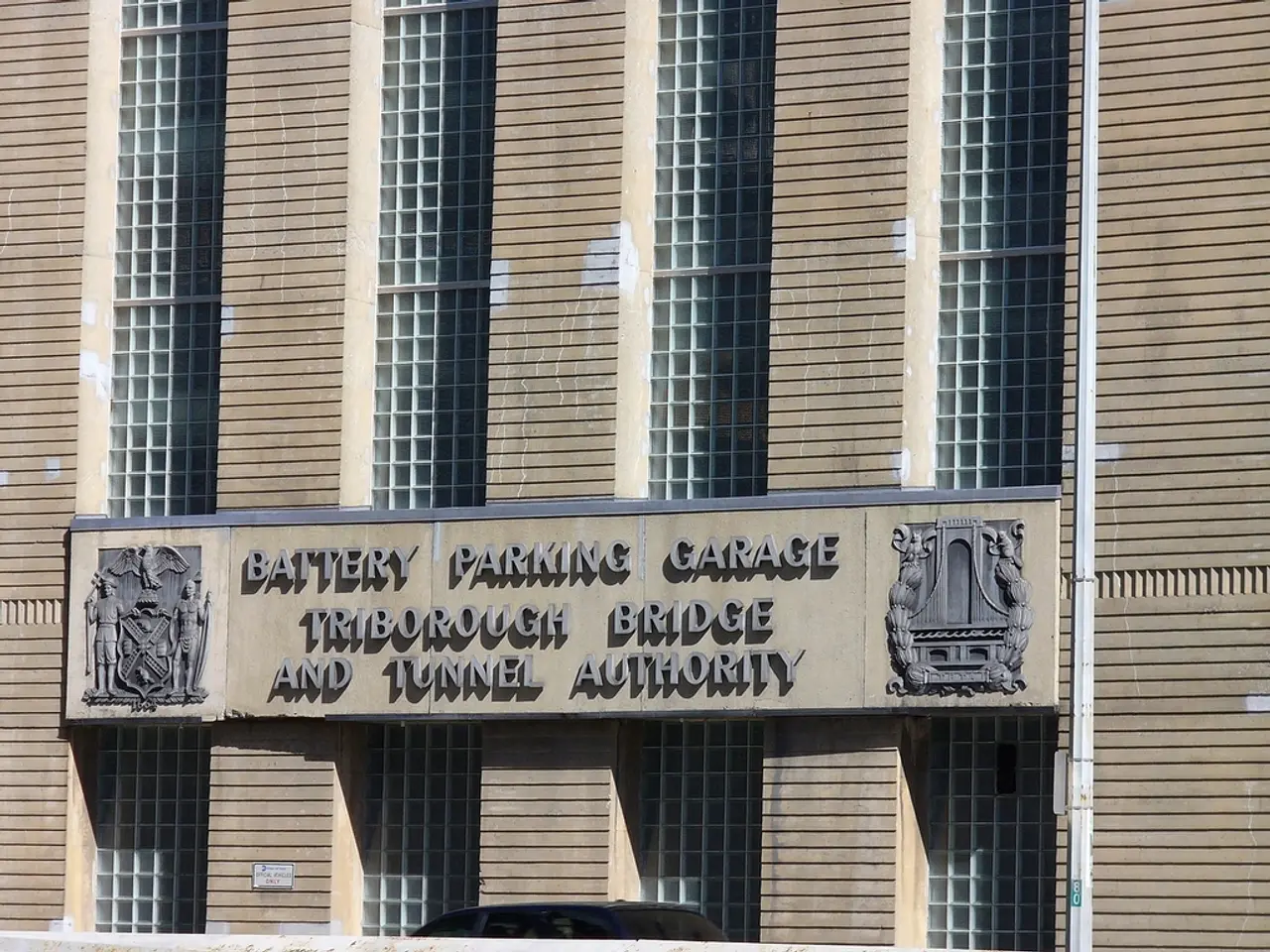A Potent Shift: Impacts of the Foreign Car Ban in Taxis
Stricter auto tax law could increase vehicle prices, favoring only AvtoVAZ.
The prohibition of foreign cars in taxis may instigate significant consequences across the entire automotive and taxi industry. Here's a breakdown of various perspectives, combining expert insights and recent trends.
Stress on the Taxi Industry and Automotive Market
- Limited Supply and Inflated Costs: The ban could restrict the available vehicle pool if domestic production falls short. Taxi costs would surge, as competition decreases and fewer choices persist.
- Operational Challenges: Sudden costs might prove burdensome for operators, potentially leading to business closures, particularly if domestic vehicles are costlier or lack financing options.
- Dependent on Subsidized or Domestic Vehicles: Such policies might foster dependence on state-subsidized vehicles or specific brands.
Impact on Domestic Automotive Industry
- Encourages domestic vehicle production and investment, though it may take time for domestic manufacturers to match foreign technologies and ramp up production.
- Overstock issues could arise if demand plummets unexpectedly.
Regulatory and Environmental Considerations
- Strict bans on internal combustion engine vehicles (ICE) in countries like Ethiopia promote electric vehicles and energy security, though teething issues can impede taxi operations during the transition phase.
General Industry Trends
- Regulatory protectionism impacts labor and service aspects, as seen in St. Petersburg's move to exclude foreign nationals from taxi driving jobs.
- Congestion pricing in cities like New York City influences taxi pricing and demand, highlighting the complex interplay between regulations and urban transportation.
In the News
- The Russian automotive sector is enduring a downturn, with inventories of unsold vehicles growing and operators ceasing business, mirroring the potential ramifications of import restrictions.
- Ethiopia's ban on new ICE vehicle imports fosters electric vehicle adoption, demonstrating how strategy and transport policies intertwine.
- St. Petersburg's move to bar foreign drivers in taxis has repercussions for labor supply and service quality, adding a new dimension to foreign vehicle bans and taxi industry regulation.
In a Nutshell
The ban on foreign cars in taxis poses challenges for the industry by limiting options, increasing costs, and causing business disruptions, especially if domestic production is not robust enough. It can stimulate domestic automotive manufacturing and support environmental goals, but at the risk of industry contractions and financial pressures on operators. Similar strategies in other countries underscore the interplay between economic, environmental, and operational implications in the taxi and automotive sectors.
- The ban on foreign cars in taxis could lead to a boost in the finance requirements for taxi operators, as they might have to invest more in domestic vehicles that are costlier or lack financing options.
- The automotive and transportation industries may experience shifts in their reliance on foreign and domestic vehicles, potentially leading to changes in finance, manufacturing, and operational processes within the respective industries.




